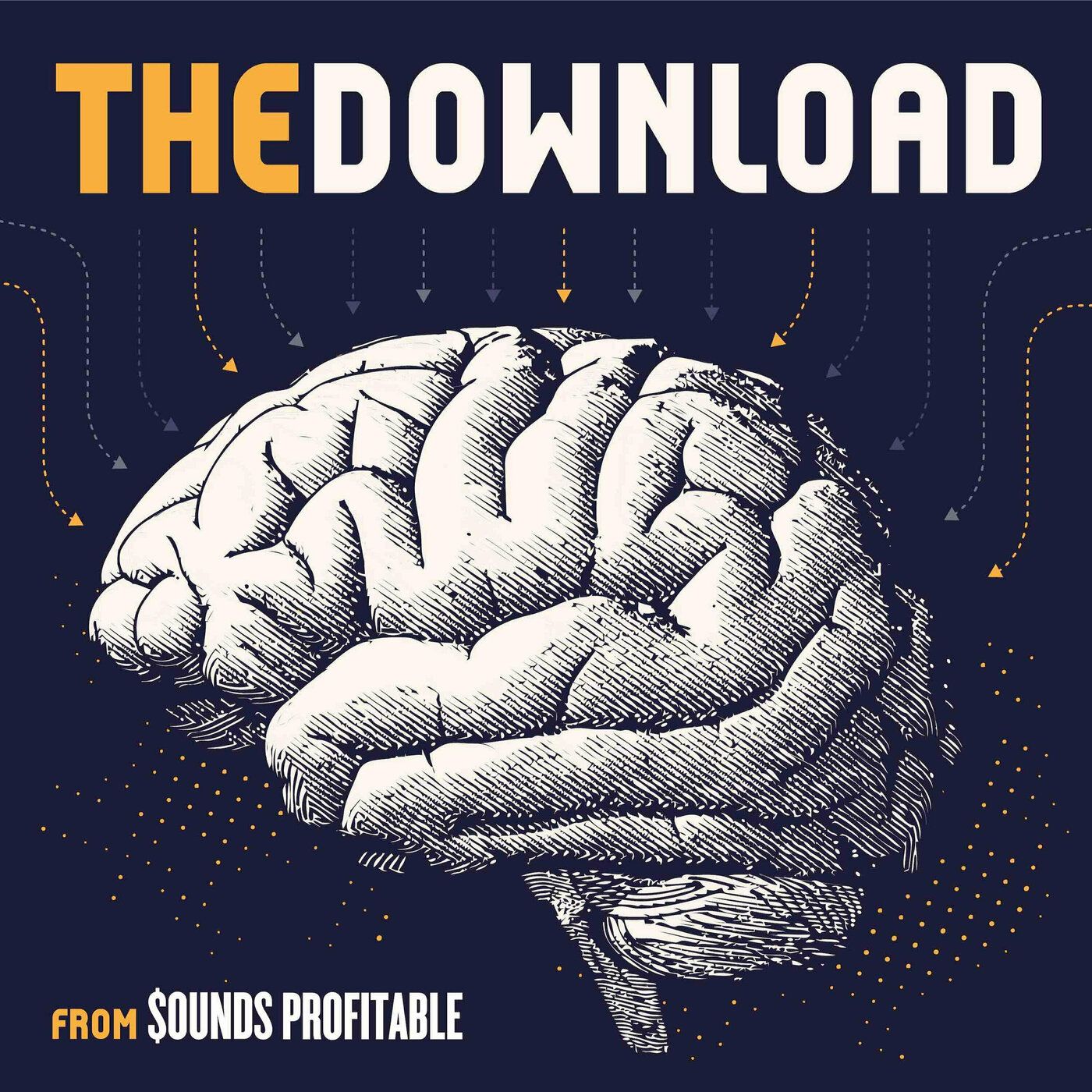Podcast Episode Details
Back to Podcast Episodes
Podcasters Are Buying Millions of Listeners Through Mobile-Game Ads & 7 Other Stories
Episode 20
This week: Podcasts found using mobile game ads for downloads, a trio of new pixels announced, and the Independent is reframing programmatic for advertisers.
Podcasters Are Buying Millions of Listeners Through Mobile-Game Ads Manuela: Our first story is a big one! This Tuesday, Bloomberg’s Ashely Carman published a piece reporting on the discovery that podcast companies are serving podcast players as ads in mobile games.
For those not hip to mobile gaming: free-to-play mobile video games traditionally generate revenue by interrupting gameplay on a regular basis with a skippable ad, with the option to watch a 20 second unskippable ad in exchange they receive beneficial in-game items, or more attempts to play that day. Instead of serving a video ad, which is one of the more common uses of these platforms, some companies are serving a web player that plays the an episode of a podcast. The ads are timed, requiring the app user to interact for often 20 seconds or more, which is more than enough time to download an entire 1 hour podcast through progressive downloading. That download and every ad in that download would be seen as legitimate by current IAB podcast standards, even though the app user was prompted to move out of the ad and back to the game after the timer ended.
Ad fraud detection company DeepSee’s August examination of ads in the popular game Subway Surfers spotted podcasts from the New York Post, independent podcaster Scott Savlov, and iHeartMedia. Carman interviewed Corey Weiner, CEO of Jun Group, a company specializing in placing ads in mobile apps. The starting rate for Jun Group placement is a $27 CPM for one of the 20 second ads. Jun Group’s main podcast client is iHeartMedia. “According to a person familiar with the effort, the radio company, which bills itself as the top podcast publisher globally, has shelled out more than $10 million and gained approximately 6 million unique listeners per month through these ads since 2018."
During the last week of August, half of the top ten trending podcasts in Podtrac were iHeart productions that hadn’t uploaded new episodes in weeks, if not months, according to Carmen. Podtrac is an industry ranker that only measures podcasts that opt into their platform’s prefix analytics solution, and recently independent developer John Spurlock identified that Spreaker from iHeart had added the prefix to podcasts on their platform en masse. Yesterday Podnews published exclusive info regarding iHeart rankings:
“Are these plays counting for iHeart’s “#1 for podcasting” Podtrac ranking? Podnews analysis confirms that the embedded podcast players used, as documented by DeepSee, makes a call to Chartable and a call to Podtrac.” Podnews editor James Cridland then links to Podnews coverage of a 2018 story in which iHeartMedia was busted embedding podcasts on the websites of hundreds of affiliate radio stations, inflating play counts.
The core problem that led to this story existing lies in the fact that there are minimal requirements for podcast players and not requirements for reporting transparency to podcast advertisers. Podcast players like Apple are Spotify are safe to trust as one can be 99% sure it’s coming from their apps. Even web player traffic is generally trustworthy given it’s assigned less inventory in general. That said, it’s time for the industry to figure out stricter guidelines for web players and more obligations to our advertisers.
It’s not immediately clear what the finite details of a solution will be,
Published on 3 years, 2 months ago